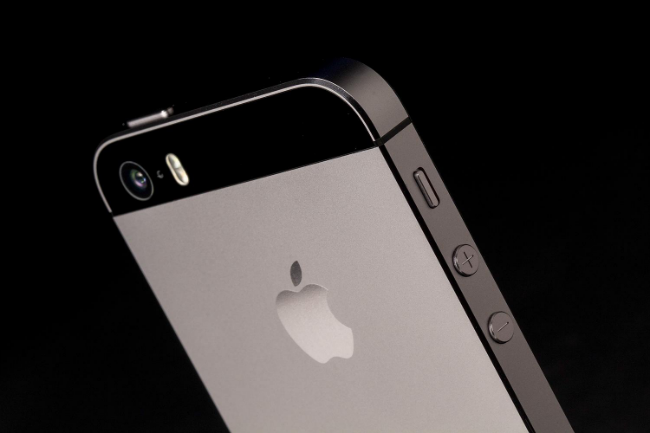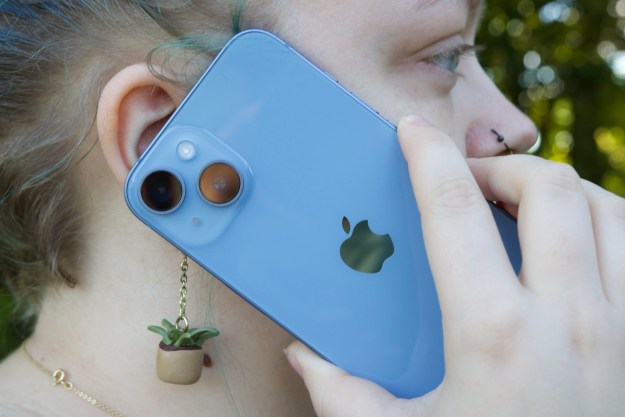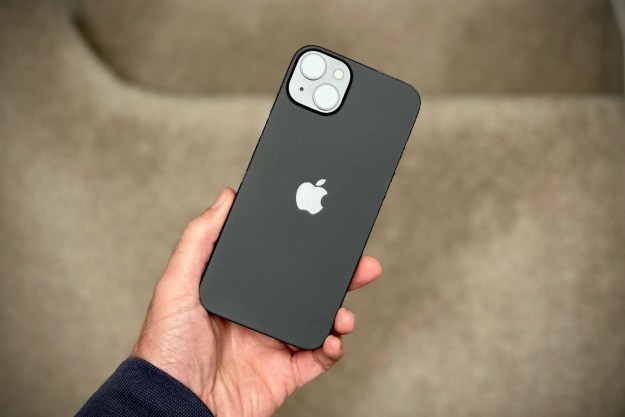
In the iCloud settings panel, you need to tap “delete account” and the toggle for Find My iPhone at the same time. You then need to power down the iPhone, and when it turns back on, you can go back into the iCloud settings panel and remove the password without a prompt to type in your password. This allows you to connect the iPhone to iTunes and, from there, fully restore it.
There are a few things for thieves to take into account. For one, restoring the iPhone does not remove the IMEI attached to it. As such, the handset can still be blacklisted, turning it into nothing more than a brick. In addition, your mileage may vary. While we’ve been able to replicate the initial steps, we were still prompted to type in the password. Older iPhone 4 and 4S devices are more likely to succumb to this issue.
Even so, this is still a major security flaw that doesn’t seem to be new, making matters somewhat worse.
Thankfully, there is an easy way to prevent this from happening: put a passcode on your iPhone and, if you have an iPhone 5S, enable Touch ID. While it seems annoying to constantly type your passcode whenever you want to access your phone, it’s something that adds a necessary security layer to your iPhone. We haven’t been able to replicate this issue on newer iPhones either, so upgrading to an iPhone 5, 5C, or 5S helps.
Be sure to check out our 41 Common problems with iOS 7 and 7.1 article if you’re having other issues.
Editors' Recommendations
- iOS 17.5 just launched with a huge security feature for your iPhone
- The Apple Watch is the best iPhone camera accessory you didn’t know you needed
- A big iPhone update is right around the corner
- How to fix iMessage activation errors on your iPhone
- I found an amazing new way to use my iPhone 15 Pro Max


